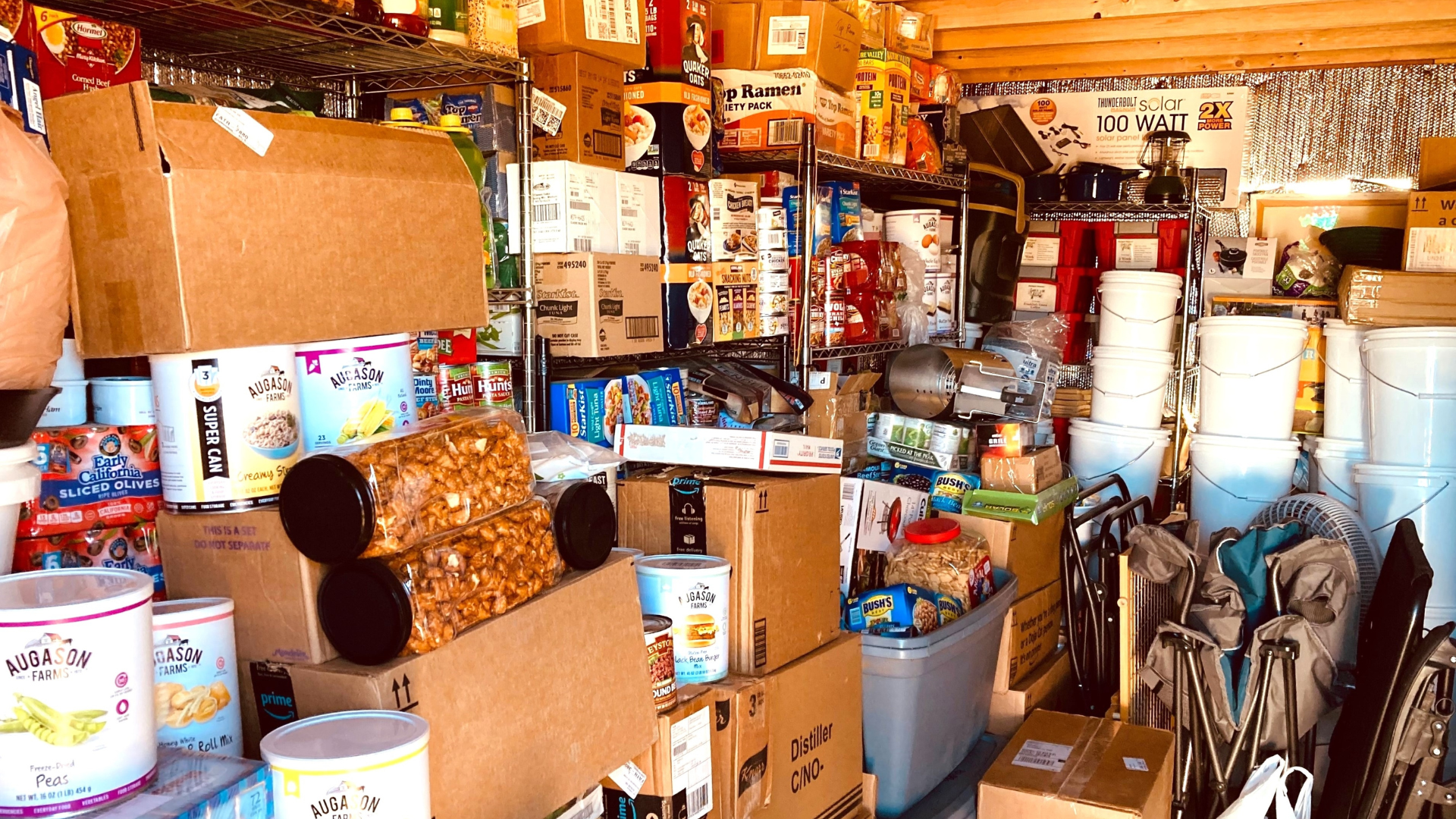By John R. Corlett, President and Executive Director Alex Dorman, Research Fellow
City of Lakewood Mayor Megan George announced in May that Lakewood would be implementing the Safe Place Initiative. It’s a community-based approach to safety and policing developed first by the Seattle Police Department in 2015 that seeks to assist victims of hate crimes, harassment, and bullying. The Lakewood Police Department is meeting with and training local businesses and organizations interested in providing safe places for victims of hate crimes and harassment.
The City of Lakewood is among the first in the State of Ohio to roll out the program.
A secondary goal of the program is to strengthen relationships between the LGBT, migrant, immigrant, and other minority communities with the police, all of whom are likely to under report crimes to the police. This underreporting stems from various barriers and fears that prevent individuals from seeking assistance and justice. The City of Lakewood is among the first in the State of Ohio to roll out the program.
Our 2022 Lakewood Needs Assessment offers insight
Learning about this program reminded us of research that The Center for Community Solutions had conducted for the City of Lakewood, the Healthy Lakewood Foundation, and the Three Arches Foundation to create the Lakewood Community Health Needs Assessment Report. The report was built on secondary data from the US Census as well as primary data tied to a broad, statistically representative community survey, numerous focus groups, and interviews with key stakeholders in the City of Lakewood. The community survey allowed LGBTQ persons to identify themselves as such, and of the 730 responses we received, 663 (91 percent) provided information about their sexual orientation. Of these individuals, 77 (11 percent) identified as being a part of the LGBTQ community. This allows us to understand how LGBTQ residents of Lakewood might experience the city the same or differently than their straight counterparts. How do LGBTQ residents of Lakewood feel about safety and their relationships with law enforcement?
How do LGBTQ residents of Lakewood feel about safety and their relationships with law enforcement?
In the survey, a significantly lower proportion of LGBTQ Lakewood residents had a general sense of safety in their neighborhood. That lower sense of safety might be fueled by the fact that a significantly lower proportion of LGBTQ residents felt that they had neighbors they could always trust compared to straight residents. They are also more likely to be renters and tend to be more concerned about the stability of their living arrangements.
LGBTQ+ Lakewood residents shared a significantly less trusting view of police
The relationship that LGBTQ have with their police force are where some of the biggest differences lie. One in 10 LGBTQ residents report feeling like they did not have “trustworthy public safety forces” versus 1 in 100 straight residents. So, to the extent that the Safe Place Initiative is widely adopted and publicized it may reduce negative feelings about public safety forces that exists among the LGBTQ population in Lakewood.
When people don’t feel safe, connected, or are unsure where to turn for help, their behavioral health can suffer.
When people don’t feel safe, connected, or are unsure where to turn for help, their behavioral health can suffer. A significantly greater proportion of LGBTQ residents reported that in their day-to-day life, they were threatened or harassed a minimum of a few times per year, compared to straight residents. We asked respondents to tell us how often they felt “tense, nervous, anxious or worried” or felt “down, depressed or hopeless”. LGBTQ persons were significantly more likely to experience worse mental health than their straight counterparts. Sadly, twice as many LGBTQ persons reported to us in the survey that “no one in their family loved them or thought they were special.”
Building stronger relationships and resiliency in Lakewood
Finally, we asked a series of questions that sought to measure resiliency in the face of adverse circumstances. Despite facing more adversity on average, Lakewood’s LGBTQ residents remained just as resilient and resourceful as their straight counterparts.
The implementation of the Safe Place Initiative in Lakewood can represent a crucial step towards addressing the safety concerns and building stronger relationships between marginalized communities and law enforcement. By overcoming barriers, fostering trust, and promoting awareness, this program has the potential to create a more inclusive, supportive, and resilient community.






.png)
.png)


